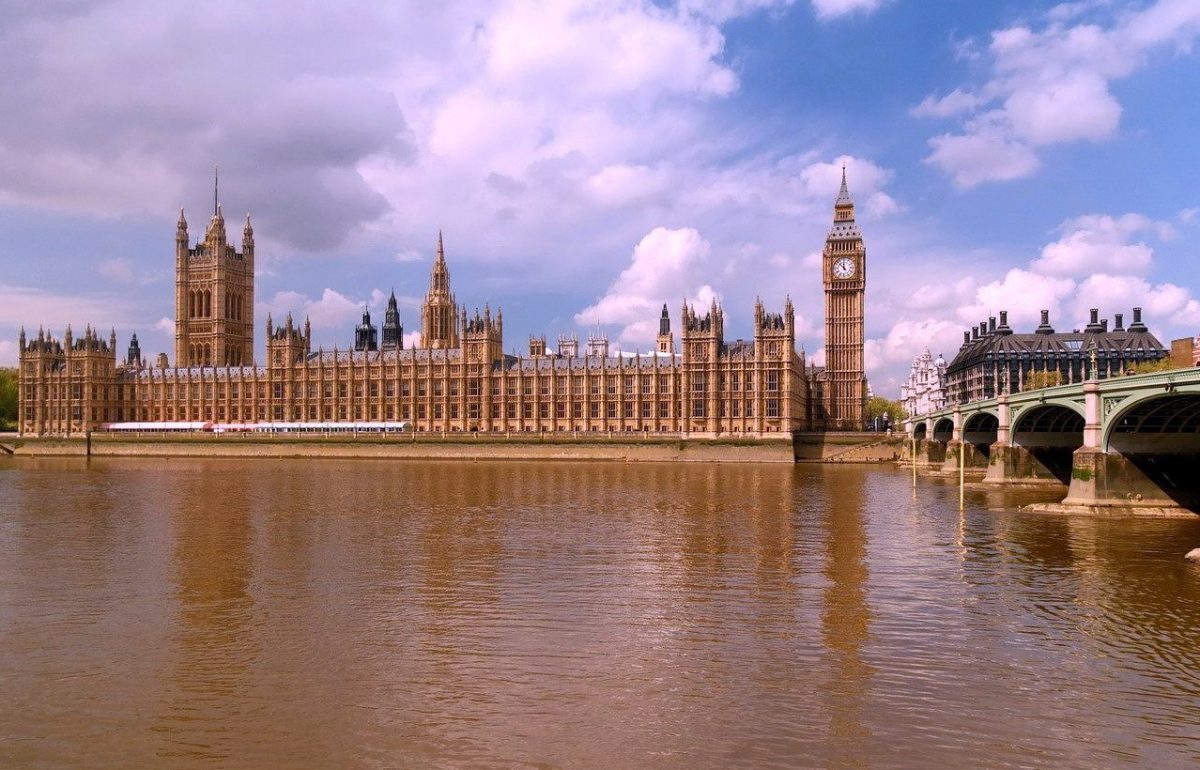
The Chancellor, Philip Hammond, spoke of a ‘balanced approach’ to spending, in a budget which responded to electoral pressure, and included an ambitious pledge to fix the UK housing market.
The abolition of Stamp Duty Land Tax (SDLT) for first time buyers on homes costing up to £300,000 was the most prominent announcement, with £15.3bn of new financial support for housing, bringing total support to £44bn over the next five years. The funds will be a mixture of investment, loans and guarantees, to help raise the supply of housing to 300,000 homes a year; the highest level since the 1970s.
An additional £3bn has been set aside to support the EU exit process, in response to claims from MPs that current preparations have not been adequate.
The Office for Budget Responsibility cut forecast GDP growth to 1.5% for the current year, in contrast to the prediction of 2.0% in March. Slower growth is anticipated to be the trend in the short-term, before rising in 2020-21. Other forecasts displayed in the table below show an improved short-term outlook. Inflation is set to peak this year and return towards the 2% target, while public borrowing showed an improvement at 2.4% of GDP for 2017-18 down from 3.8% as previously predicted.
| Economic Growth % | Inflation Rate % | Borrowing Requirements £bn | PSBR/GDP % | Debt/GDP % | |
|---|---|---|---|---|---|
| 2017-18 | 1.5 | 2.7 | 49.9 | 2.4 | 86.5 |
| 2018-19 | 1.4 | 2.4 | 39.5 | 1.9 | 86.4 |
| 2019-20 | 1.3 | 1.9 | 34.7 | 1.6 | 86.1 |
| 2020-21 | 1.5 | 2 | 32.8 | 1.5 | 83.1 |
| 2021-22 | 1.6 | 2 | 30.1 | 1.3 | 79.3 |
Concerns over productivity growth persist. As the Chancellor is keen to maintain fiscal prudence, the problem appears difficult to solve. Additional spending was announced for technology, transport and infrastructure, including a £1.7bn ‘Transforming Cities’ Fund aimed to get ‘all parts of the UK firing on all cylinders’.
Income tax thresholds will rise from April 2018, the basic rate to £11,850 and the 40% threshold to £46,350. The lifetime allowance for pension savings will increase in line with CPI inflation to £1.03m. Also, the investment limit in the Enterprise Investment Scheme (EIS) was doubled to £2m. Additional rules will ensure that the tax efficient scheme is not used as a shelter for low-risk capital preservation. Specifically, any amount over £1m must be invested in one or more knowledge-intensive companies.
The annual ISA allowance will remain at £20,000, but the Capital Gains Tax (CGT) allowance will rise from £11,300 to £11,700 for 2018/19. The Junior ISA and Child Trust Fund allowances will increase in line with CPI to £4,260 next tax year.
Further Measures
- To better accommodate first time buyers in areas with high housing costs, the first £300,000 on home purchases up to £500,000 by first time buyers will not attract SDLT.
- Local councils, at their discretion, can add a 100% council tax premium to empty homes; a possible hit to second home owners.
- Business rates will increase annually based on CPI rather than RPI from 2018 onwards. This change was brought forward to 2018 from 2020; a welcome boost for small businesses.
- Tax avoidance by big tech companies has been well documented in the press. A new clampdown will limit money lost as firms use royalty payments to transfer profits to low tax domiciles.
- Air travel duty on long-haul flights will rise for first class and private jet passengers, but is frozen for economy passengers.
- While not fully meeting the request from the boss of NHS England, an additional £2.8bn over 3 years for the NHS was announced.
- £400 million will be spent on electric car charging points throughout the country, and a further £40 million spent on research into faster charging methods.
- Duties on beers, wines and spirits remain frozen, except for low cost high strength alcohol.
Previously announced measures
- The annual dividend allowance will fall from £5,000 to £2,000 from April 2018.
- The Railcard which gives a one-third discount on rail fares for 16-25 year olds currently, will apply up to age 30.
- The earnings threshold for student loan payments is raised to £25,000 from April 2018.
- Corporation Tax rates: 19% for 3 years from 1 April 2017, then 17% from 1 April 2020. Corporate capital gains after January 2018 will not be subject to indexation relief.
Risk warnings
This document has been prepared based on our understanding of current UK law and HM Revenue and Customs practice, both of which may be the subject of change in the future. The opinions expressed herein are those of Cantab Asset Management Ltd and should not be construed as investment advice. Cantab Asset Management Ltd is authorised and regulated by the Financial Conduct Authority. As with all equity-based and bond-based investments, the value and the income therefrom can fall as well as rise and you may not get back all the money that you invested. The value of overseas securities will be influenced by the exchange rate used to convert these to sterling. Investments in stocks and shares should therefore be viewed as a medium to long-term investment. Past performance is not a guide to the future. It is important to note that in selecting ESG investments, a screening out process has taken place which eliminates many investments potentially providing good financial returns. By reducing the universe of possible investments, the investment performance of ESG portfolios might be less than that potentially produced by selecting from the larger unscreened universe.


